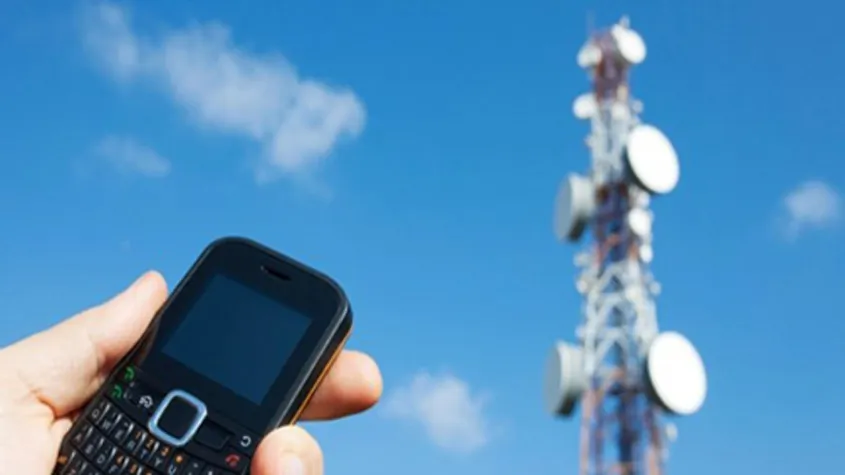Nigerians may soon see an increase in their call and data bills after the Senate approved a 5% tax on all voice calls and internet data plans. The government says the move is meant to boost the economy and raise more funds. But many people are worried this will make it harder to stay connected, especially as the cost of data in Africa is already very high.
According to a 2024 report by the International Telecommunication Union (ITU), a basic mobile data plan offering 2 gigabytes per month in Sub-Saharan Africa costs the equivalent of 3.9% of the average monthly income—the highest rate anywhere in the world.
The situation is even more dire in certain African countries, where buying data is more expensive compared to other parts of the world. For example, in Zimbabwe, 1GB of data can cost as much as ₦65,000 (about $43). In South Sudan, it’s around ₦35,000 ($23), and in Nigeria, although cheaper, it still takes a large chunk of people’s income. The UN recommends that 2GB of data should cost no more than 2% of a person’s monthly earnings. But in most African countries, it’s much higher.
In 2025, these countries would still be among the most expensive, along with other countries in Sub-Saharan Africa, where data costs remain high.
Speaking at the World Telecommunications and Information Society Day in Accra, Ghana’s Minister for Communications, Digital Technology and Innovations, Hon. Samuel Nartey George, outlined a roadmap developed by a multi-stakeholder committee, formed in February without public funding, that aims to tackle high data prices.
“On the basis of that roadmap, I made the Director-General of the NCA and the regulator engage with stakeholders on what we could do in the immediate, medium term, and the long term.
“So to citizens of this country, my promise is that by the end of this year, we will see data prices drop, and I remain committed to it. We will deliver on that. I trust the process,” he said.
He clarified that decisions on tax reductions lie with the Finance Minister but announced a short-term relief: discounted data bundles will be offered on five national holidays, Independence Day, May Day, Republic Day, Founders’ Day, and Farmers’ Day, in partnership with telecom providers
These high costs have a direct impact on internet accessibility. In 2024, only 38% of the population in Sub-Saharan Africa had access to the Internet, compared to a global average of 68%. The urban-rural divide is particularly stark, with 57% of urban residents online versus just 23% in rural areas.
This new tax is coming at a time when many Nigerians are already struggling with inflation and high living costs. Experts say the extra charges on calls and data could affect students, small businesses, and people in rural areas who rely on mobile data for school, work, and daily communication.
Some African countries have even gone as far as banning or delaying internet services due to high costs or licensing issues. Critics are calling on the government to focus on reducing the cost of internet access instead of adding new charges, especially as digital access is now a basic need for learning, business, and staying informed.
Factors contributing to high data costs in Africa:
1. Too Many Taxes: In some countries, the government adds extra charges to phone and internet services. These taxes make it more expensive for mobile companies to operate, and they pass the cost on to users.
2. Poor Infrastructure: Many areas, especially rural communities, don’t have enough fiber optic cables or mobile towers. This means companies spend more to provide internet, which also pushes up prices.
3. Little Competition: In places where only one or two mobile companies exist, they can charge higher prices because there’s no real competition to drive prices down.
4. Difficult Locations: Countries made up of islands or with tough terrain find it harder and more expensive to build internet infrastructure. That cost gets added to what people pay for data.
These challenges are some of the reasons why internet access remains costly for millions of Africans.




